

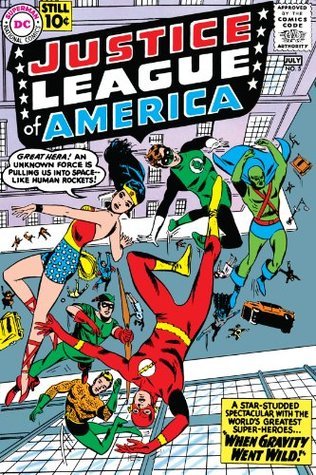
Books in series

Justice League of America (1960-1987) #2
1961

Justice League of America (1960-1987) #4
1961

Justice League of America (1960-1987) #5
1961

Justice League of America (1960-1987) #6
1960
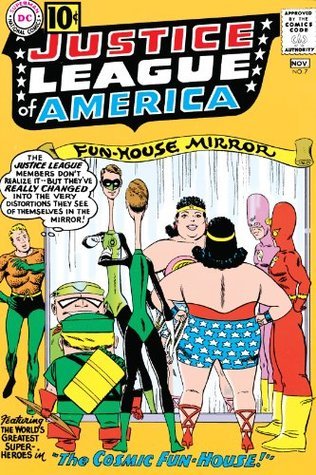
Justice League of America (1960-1987) #7
1961
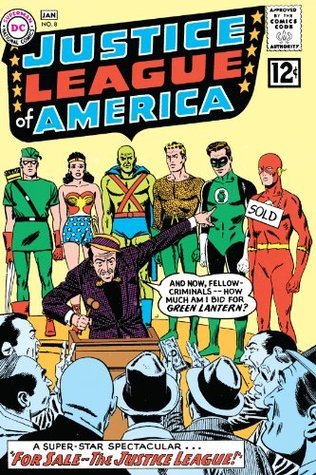
Justice League of America (1960-1987) #8
1960
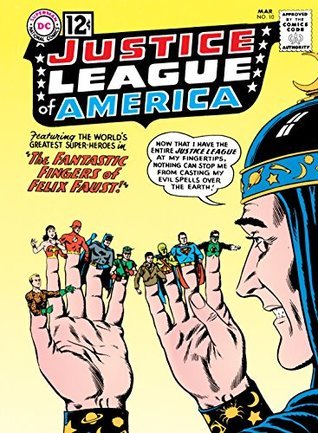
Justice League of America (1960-1987) #10
1962
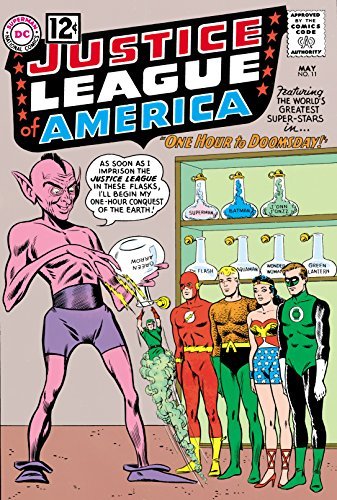
Justice League of America (1960-1987) #11
1962
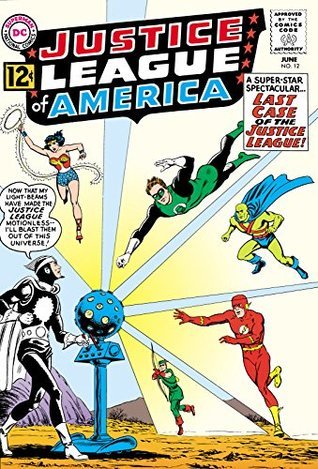
Justice League of America (1960-1987) #12
1962
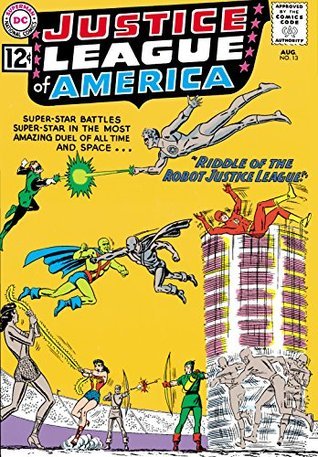
Justice League of America (1960-1987) #13
1962
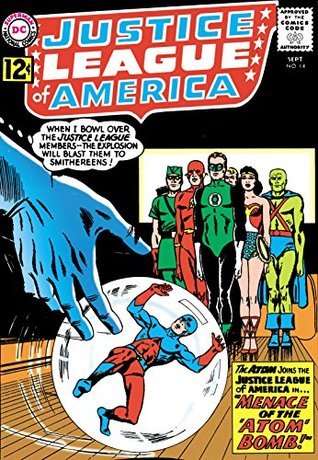
Justice League of America (1960-1987) #14
1962
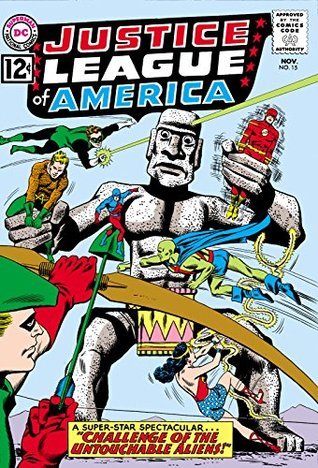
Justice League of America (1960-1987) #15
1962
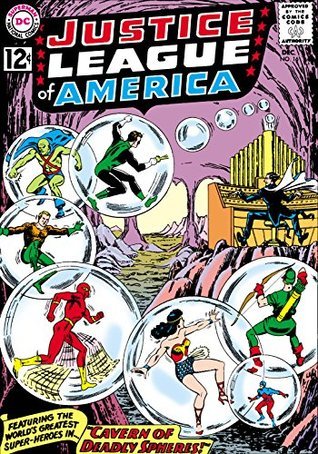
Justice League of America (1960-1987) #16
1962
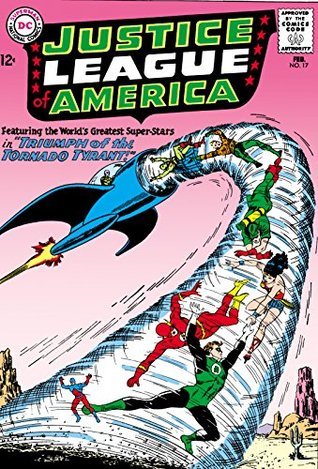
Justice League of America (1960-1987) #17
1963
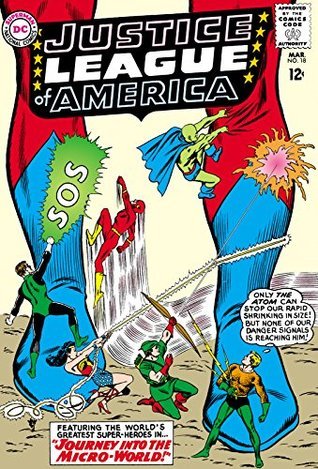
Justice League of America (1960-1987) #18
1963
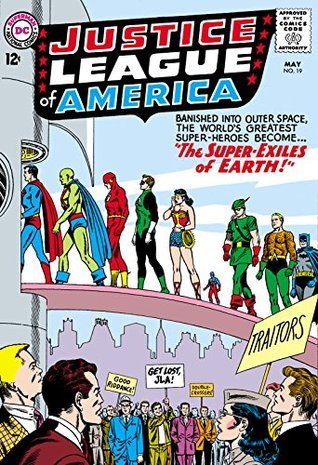
Justice League of America (1960-1987) #19
1963
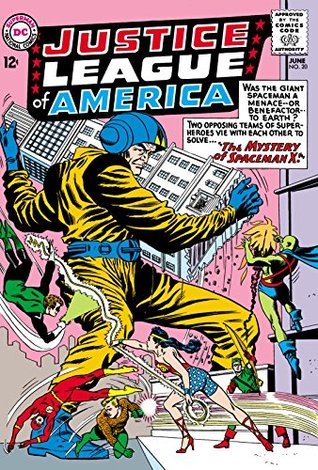
Justice League of America (1960-1987) #20
1963

Crisis on Multiple Earths Vol. 1 (Justice League of America
2002
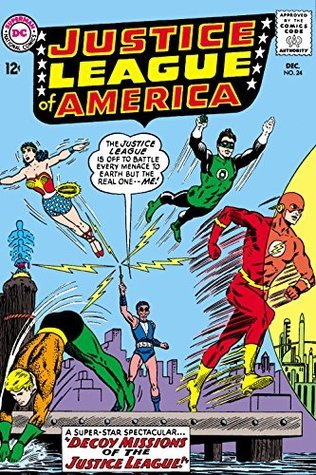
Justice League of America (1960-1987) #24
1963
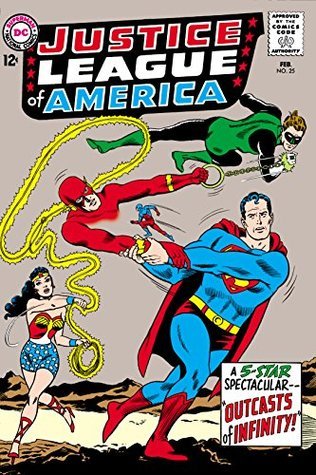
Justice League of America (1960-1987) #25
1964
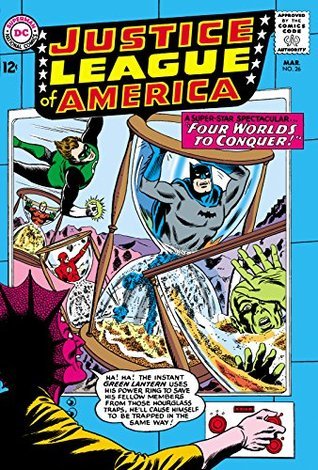
Justice League of America (1960-1987) #26
1964
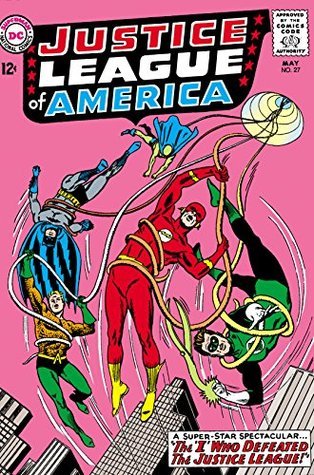
Justice League of America (1960-1987) #27
1964
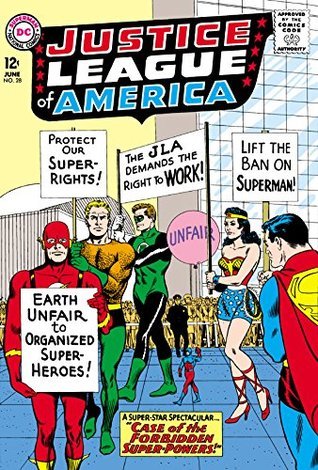
Justice League of America (1960-1987) #28
1964
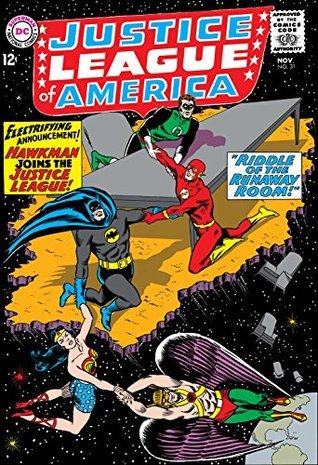
Justice League of America (1960-1987) #31
1964
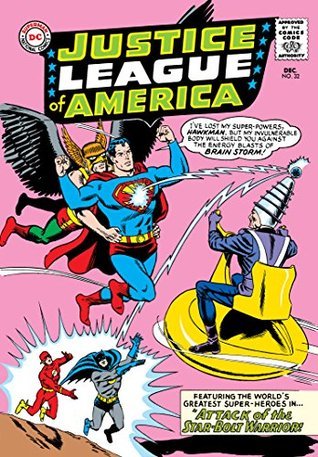
Justice League of America (1960-1987) #32
1964
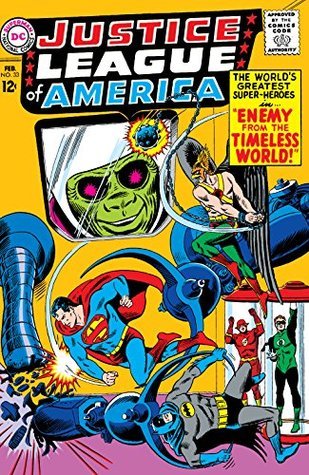
Justice League of America (1960-1987) #33
1965
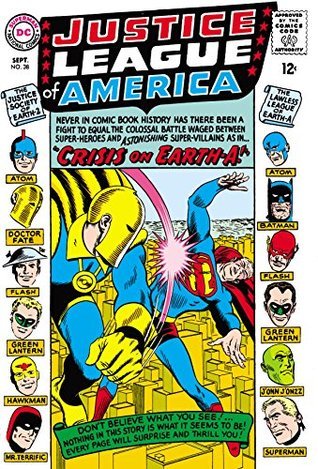
Justice League of America (1960-1987) #38
1965
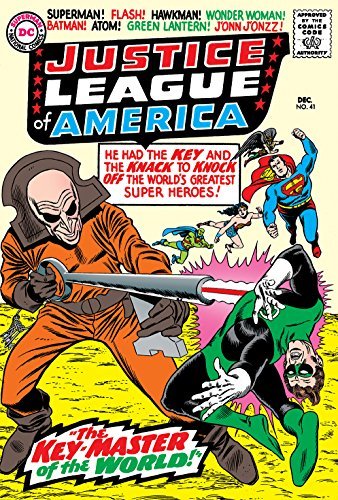
Justice League of America (1960-1987) #41
1965
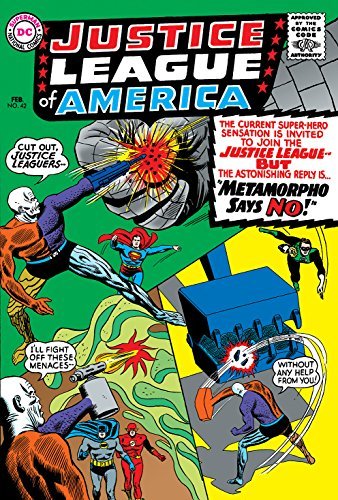
Justice League of America (1960-1987) #42
1966
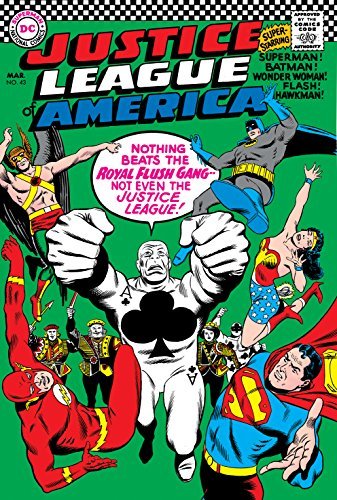
Justice League of America (1960-1987) #43
1966
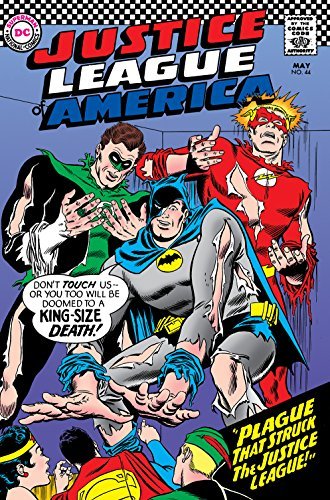
Justice League of America (1960-1987) #44
1966
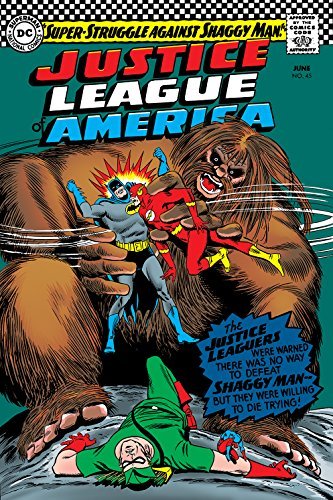
Justice League of America (1960-1987) #45
1966
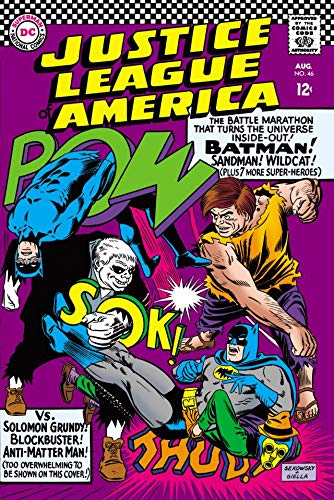
Justice League of America (1960-1987) #46
1966
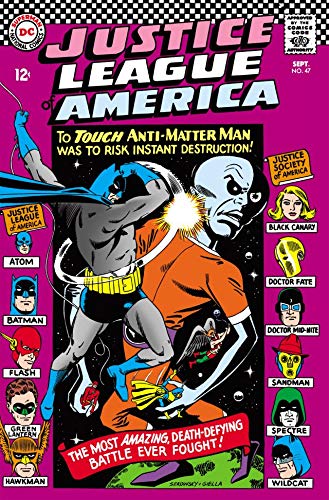
Justice League of America (1960-1987) #47
1966
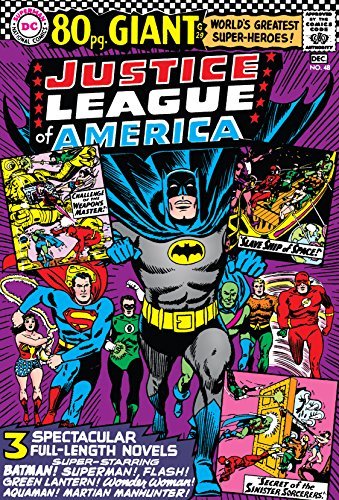
Justice League of America (1960-1987) #48
1966
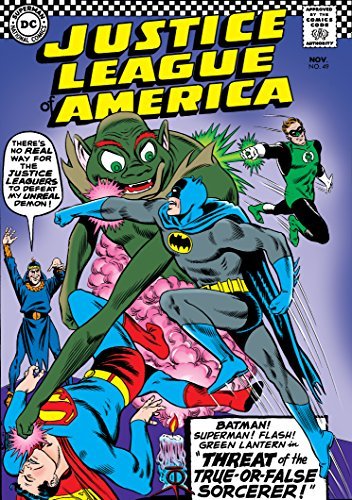
Justice League of America (1960-1987) #49
1966
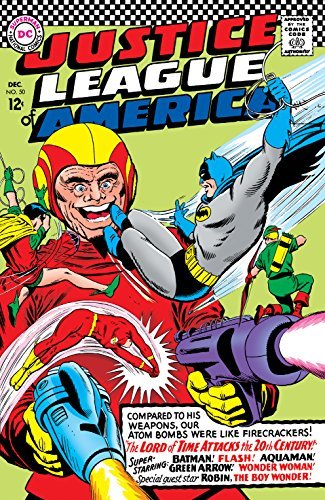
Justice League of America (1960-1987) #50
1966

Justice League of America (1960-1987) #52
1967
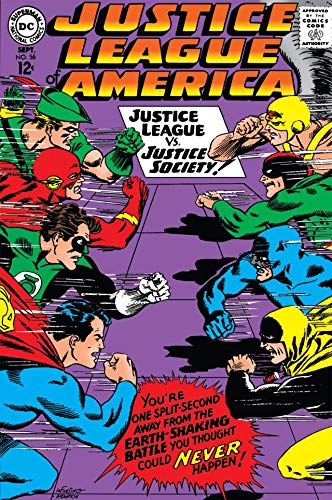
Justice League of America (1960-1987) #56
1967
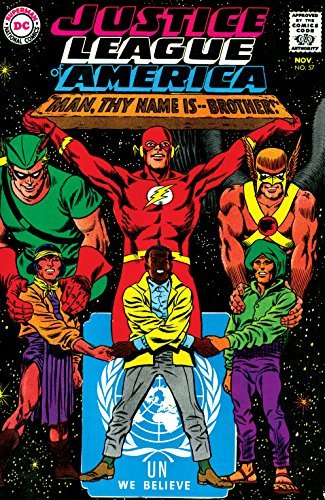
Justice League of America (1960-1987) #57
1960
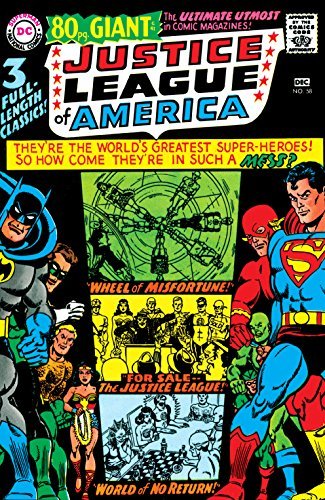
Justice League of America (1960-1987) #58
1967
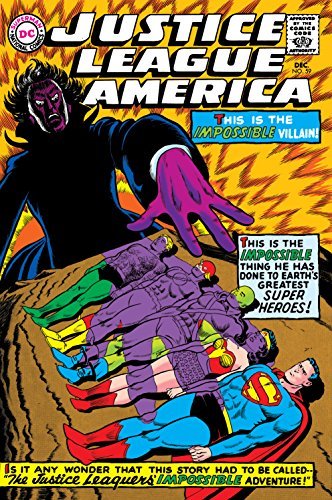
Justice League of America (1960-1987) #59
1967
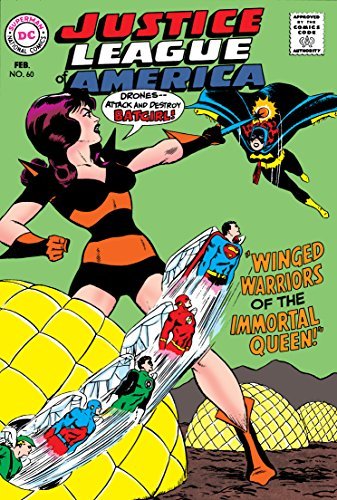
Justice League of America (1960-1987) #60
1968
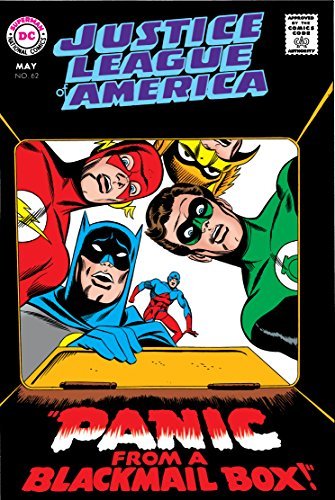
Justice League of America (1960-1987) #62
1968
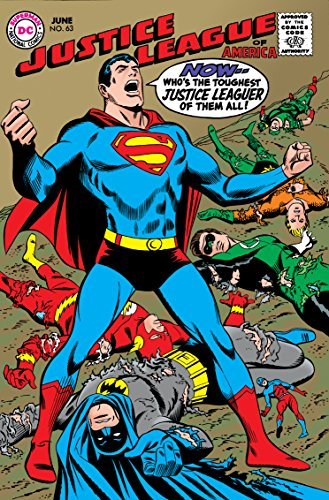
Justice League of America (1960-1987) #63
1968
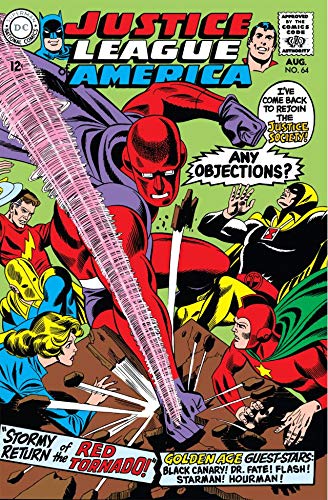
Justice League of America (1960-1987) #64
1968
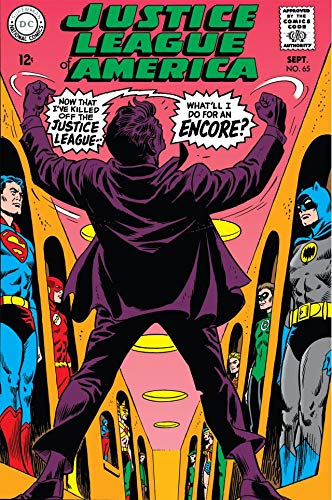
Justice League of America (1960-1987) #65
1968
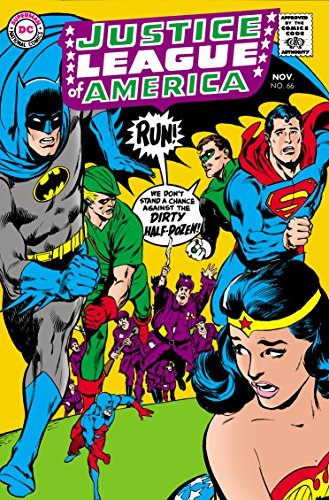
Justice League of America (1960-1987) #66
1968
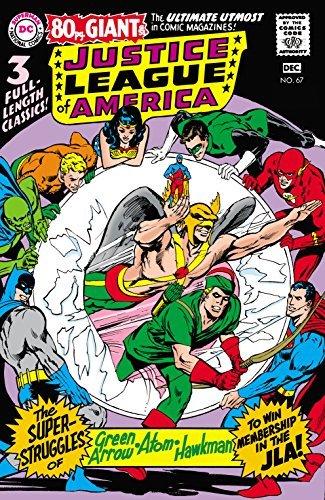
Justice League of America (1960-1987) #67
1968
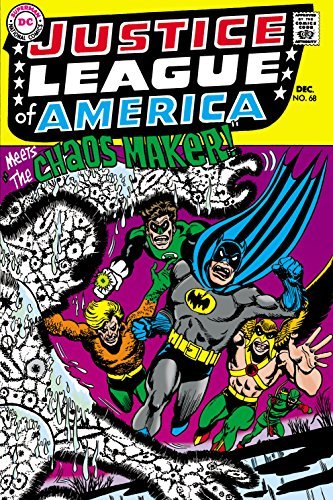
Justice League of America (1960-1987) #68
1960
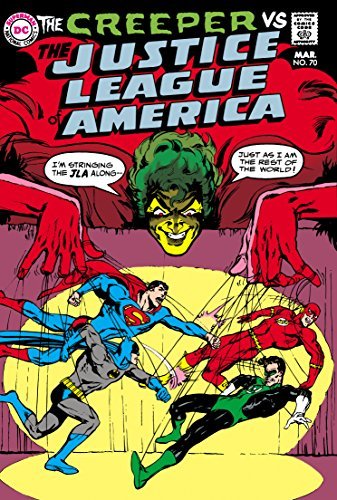
Justice League of America (1960-1987) #70
1969
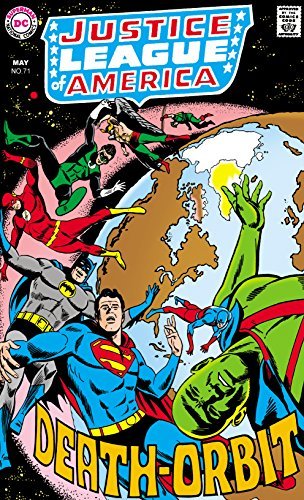
Justice League of America (1960-1987) #71
1969
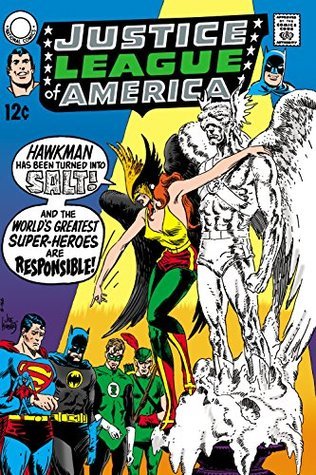
Justice League of America (1960-1987) #72
1969
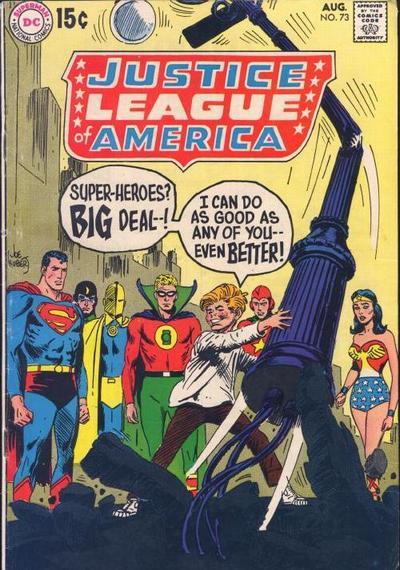
Justice League of America (1960-1987) #73
1969
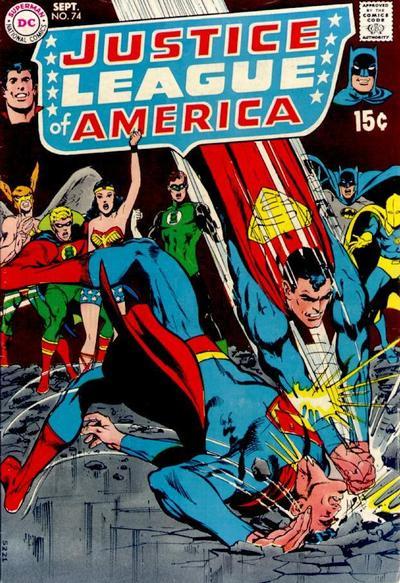
Justice League of America (1960-1987) #74
1969
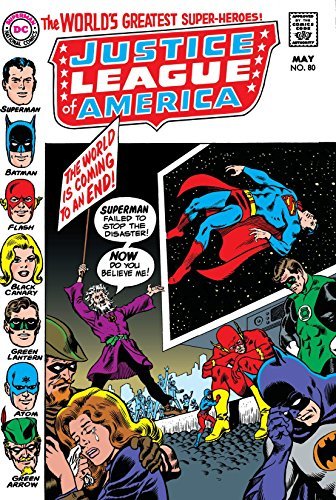
Justice League of America (1960-1987) #80
1970
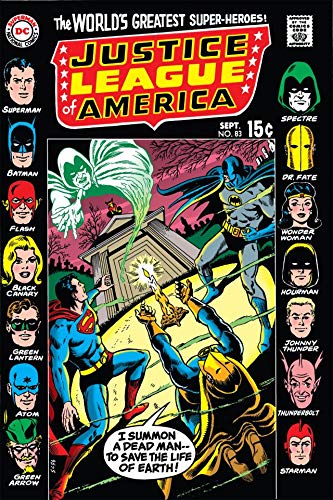
Justice League of America (1960-1987) #83
1970
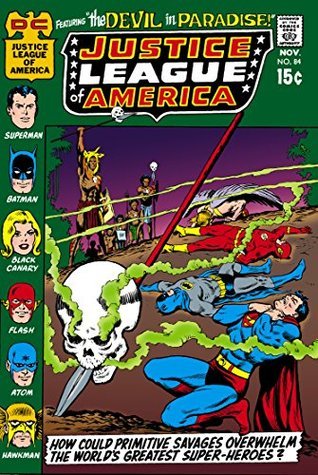
Justice League of America (1960-1987) #84
1970
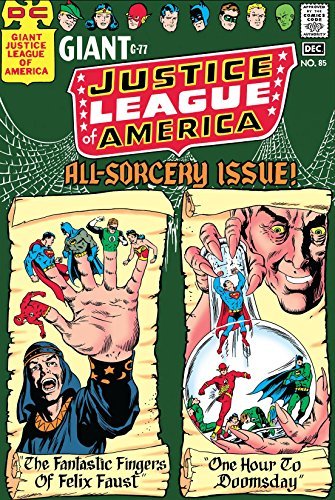
Justice League of America (1960-1987) #85
1970
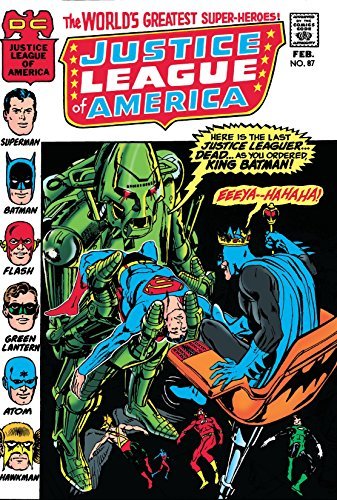
Justice League of America (1960-1987) #87
1971
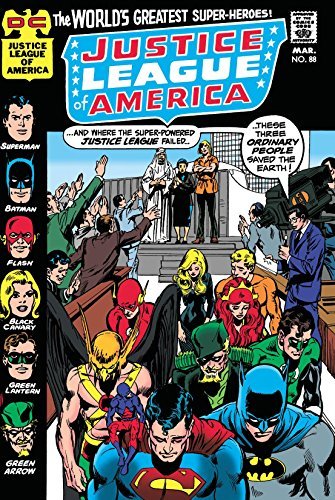
Justice League of America (1960-1987) #88
1971
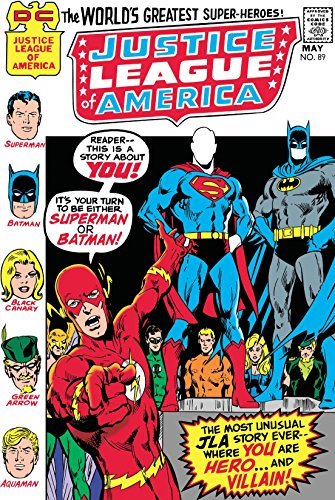
Justice League of America (1960-1987) #89
1971
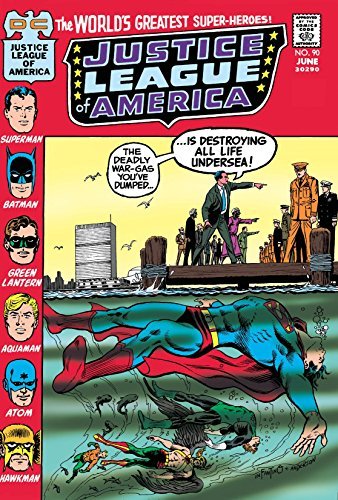
Justice League of America (1960-1987) #90
1971
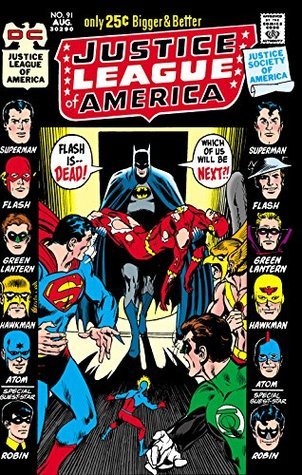
Justice League of America (1960-1987) #91
1971
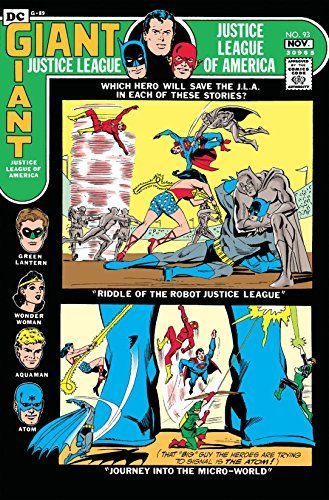
Justice League of America (1960-1987) #93
1971
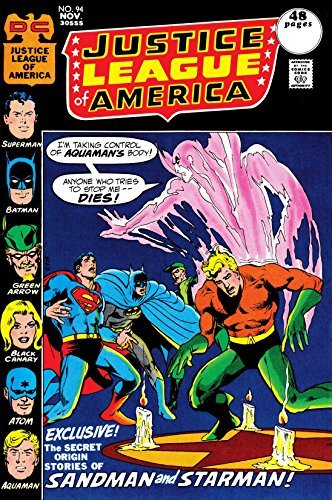
Justice League of America (1960-1987) #94
1971
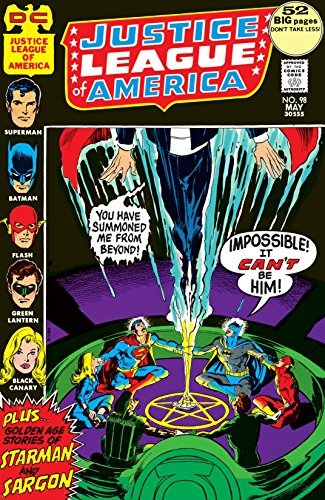
Justice League of America (1960-1987) #98
1972
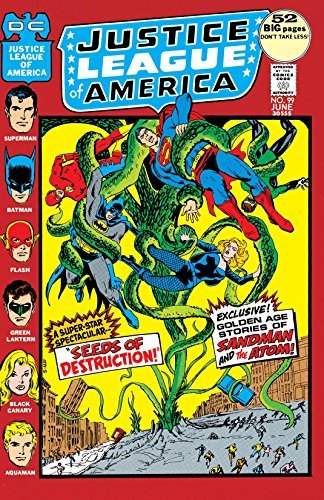
Justice League of America (1960-1987) #99
1972
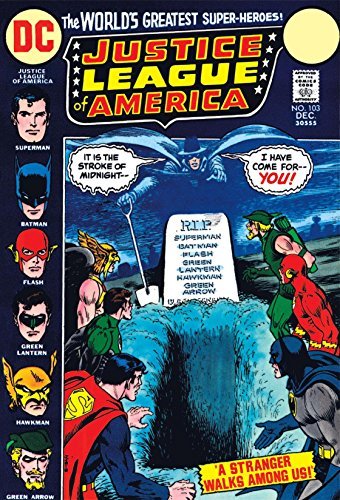
Justice League of America (1960-1987) #103
1972

Justice League of America (1960-1987) #104
1973
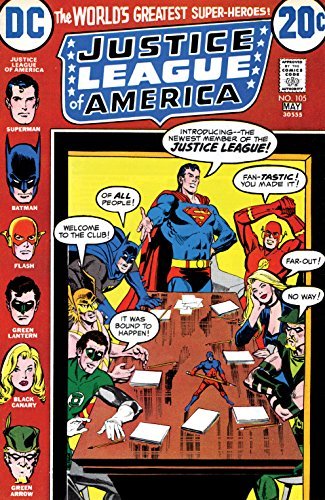
Justice League of America (1960-1987) #105
1973
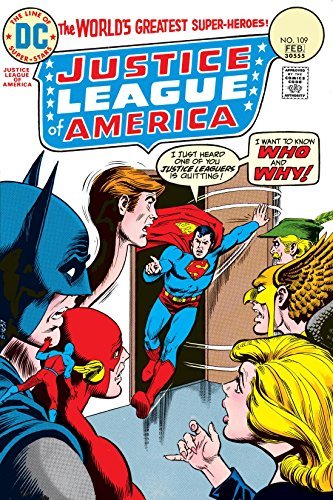
Justice League of America (1960-1987) #109
1944
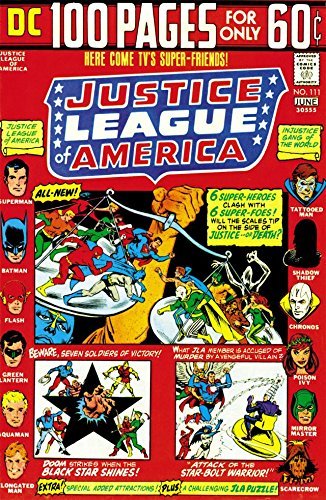
Justice League of America (1960-1987) #111
1974
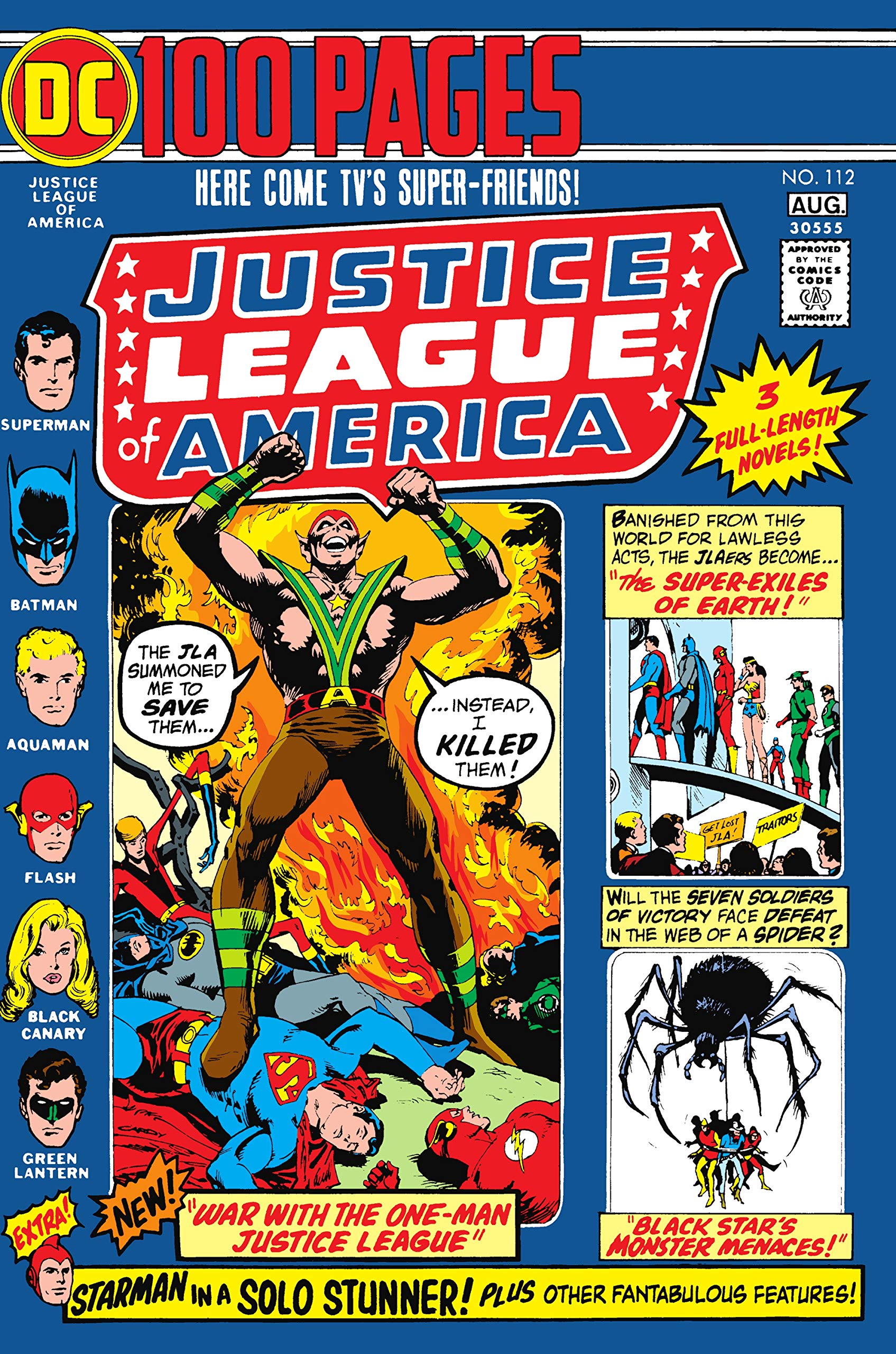
Justice League of America (1960-1987) #112
1974
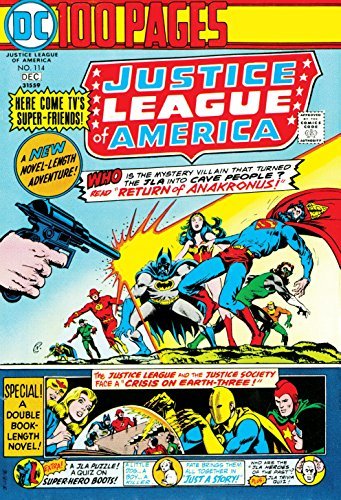
Justice League of America (1960-1987) #114
1974
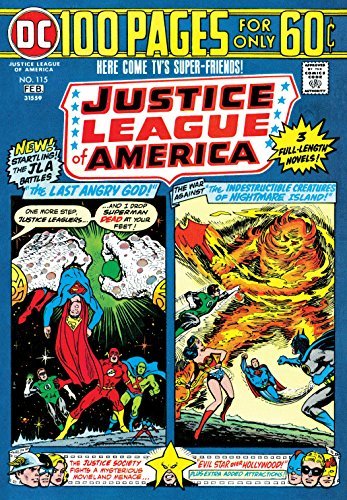
Justice League of America (1960-1987) #115
1975
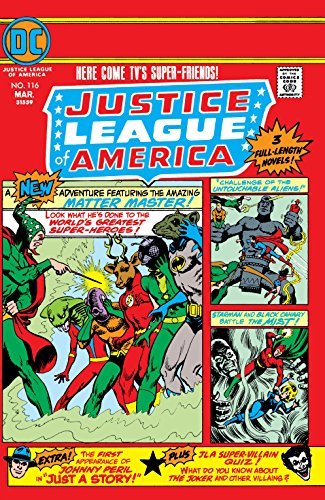
Justice League of America (1960-1987) #116
1975
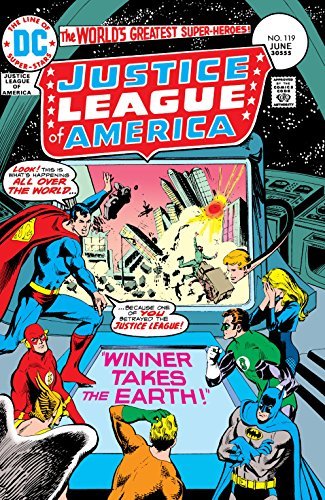
Justice League of America (1960-1987) #119
1975
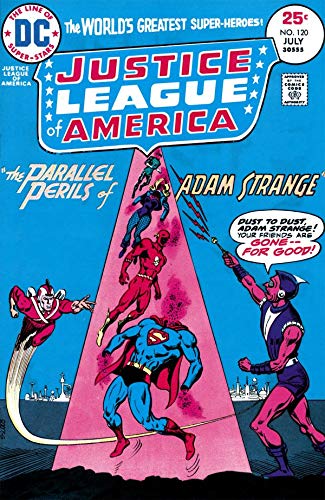
Justice League of America (1960-1987) #120
1975
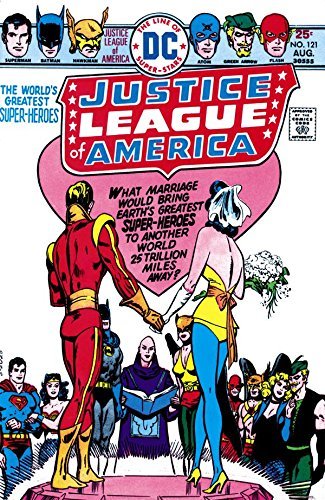
Justice League of America (1960-1987) #121
1975
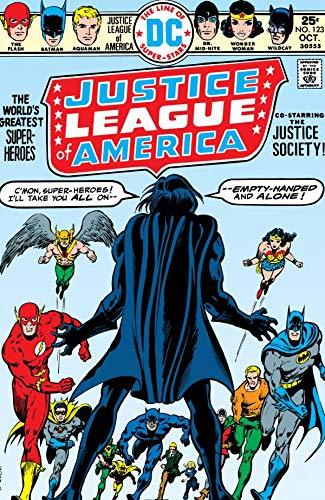
Justice League of America (1960-1987) #123
1975
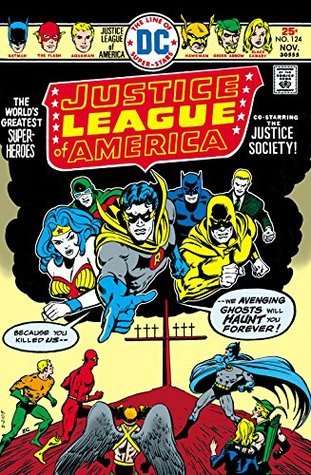
Justice League of America (1960-1987) #124
1975
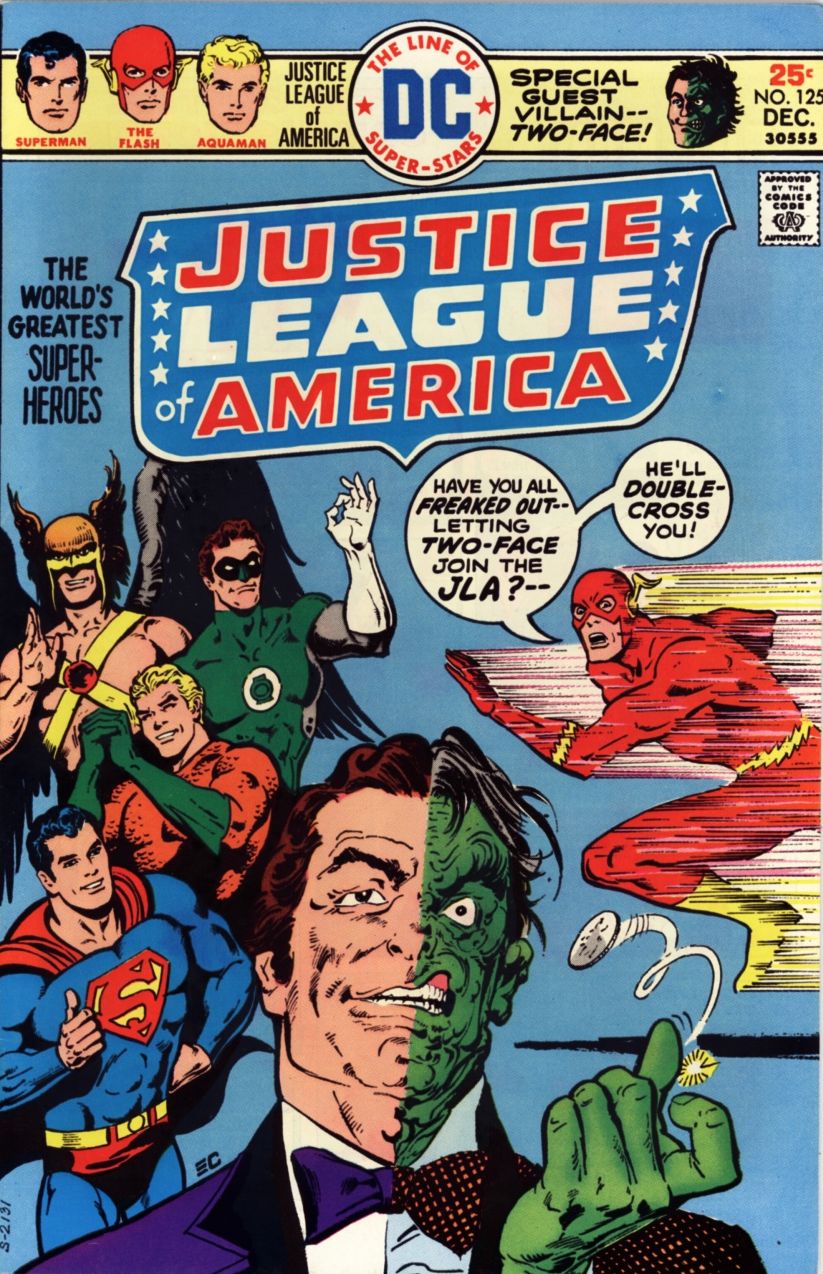
Justice League of America (1960-1987) #125
1975
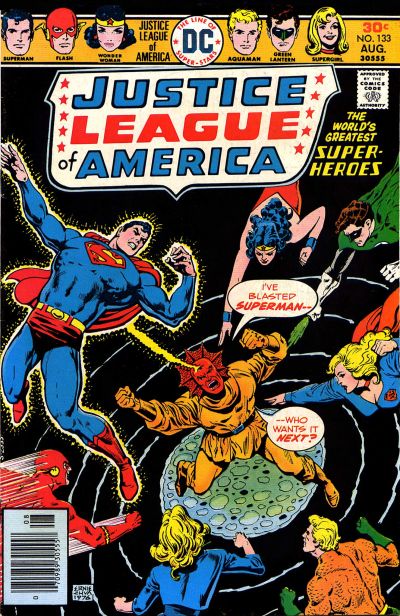
Justice League of America (1960-1987) #133
1976
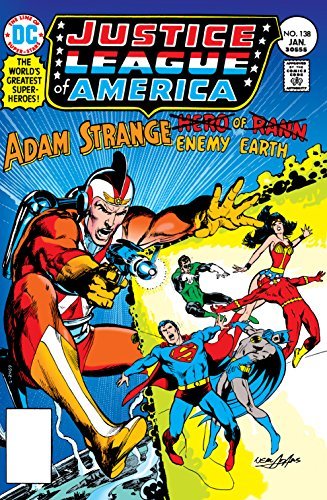
Justice League of America (1960-1987) #138
1977
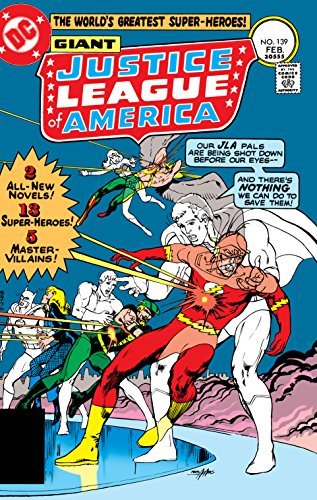
Justice League of America (1960-1987) #139
1977
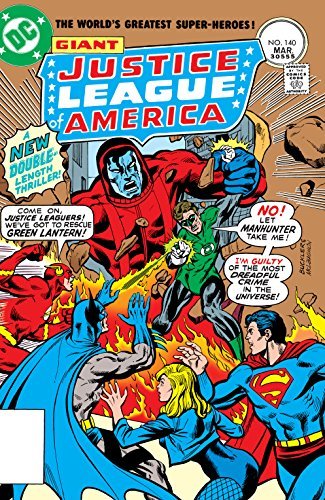
Justice League of America (1960-1987) #140
1977
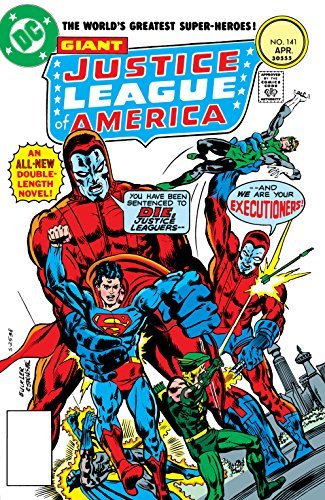
Justice League of America (1960-1987) #141
1977
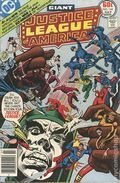
Justice League of America (1960-) #144
1977
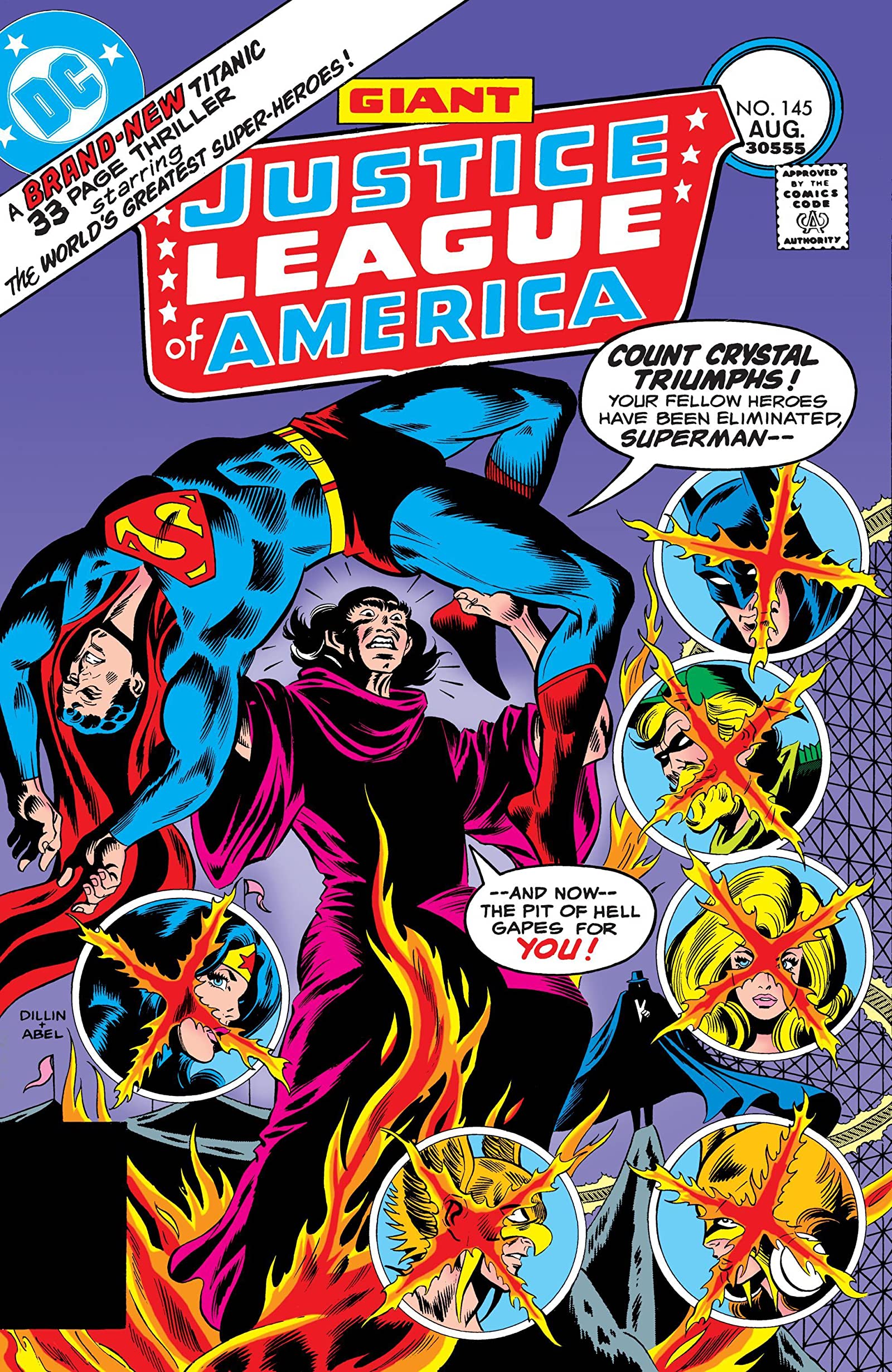
Justice League of America (1960-1987) #145
1977
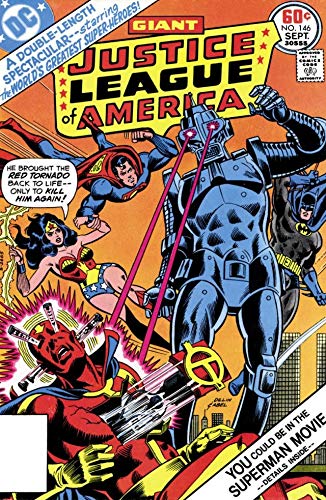
Justice League of America (1960-1987) #146
1977
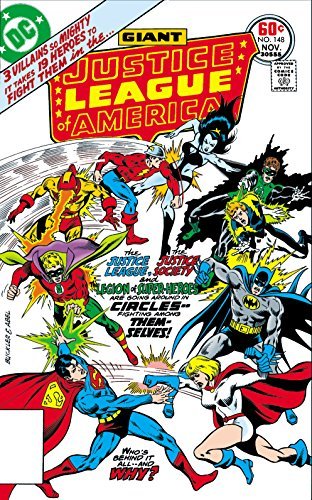
Justice League of America (1960-1987) #148
1977
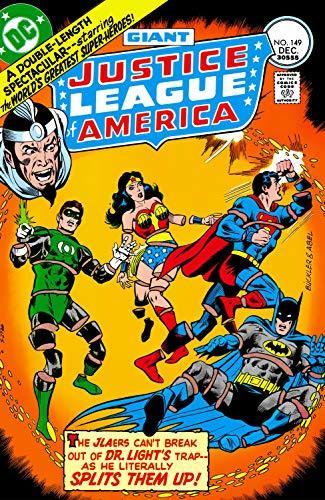
Justice League of America (1960-1987) #149
1977
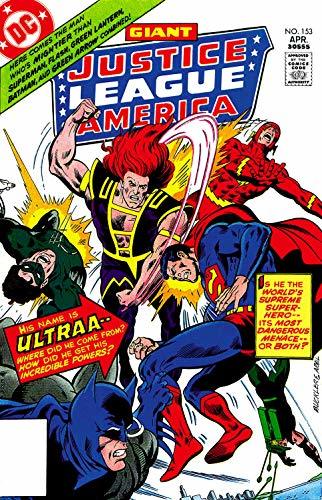
Justice League of America (1960-1987) #153
1978
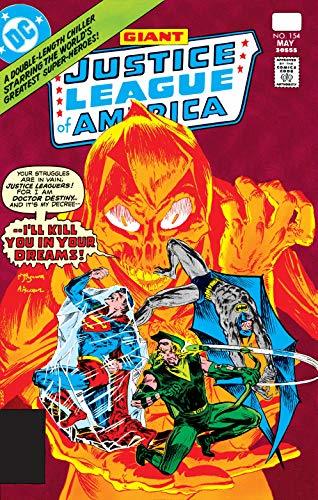
Justice League of America (1960-1987) #154
1978
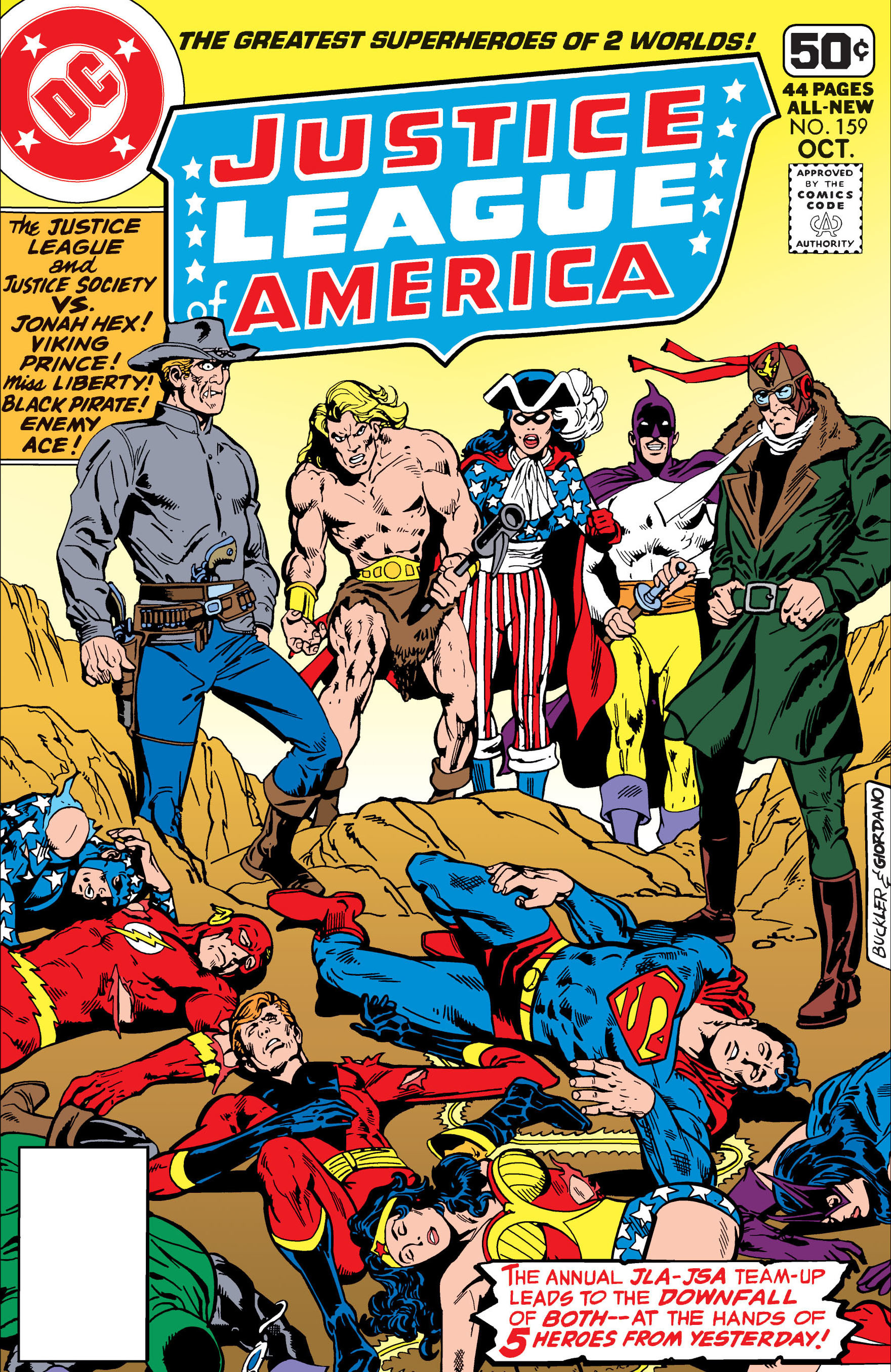
Justice League of America (1960-1987) #159
1978
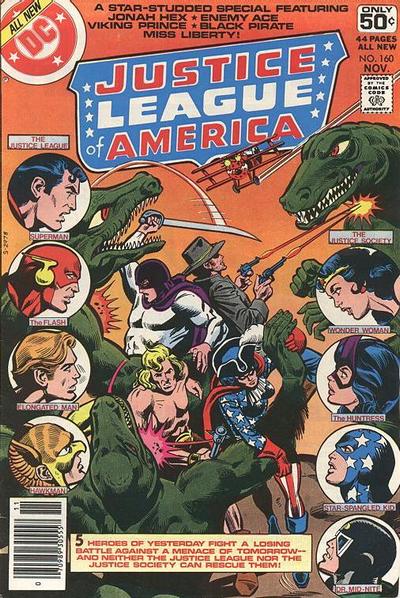
Justice League of America (1960-1987) #160
1978
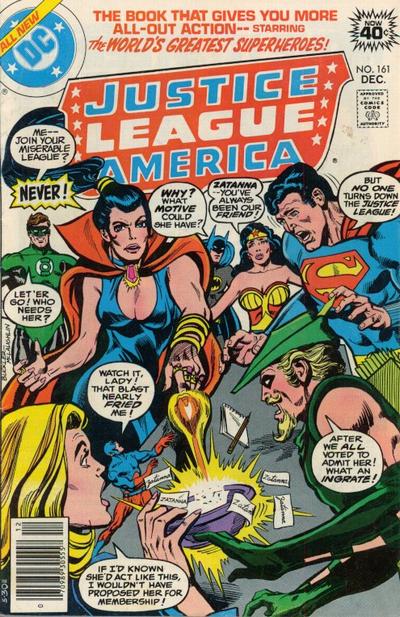
Justice League of America (1960-1987) #161
1978
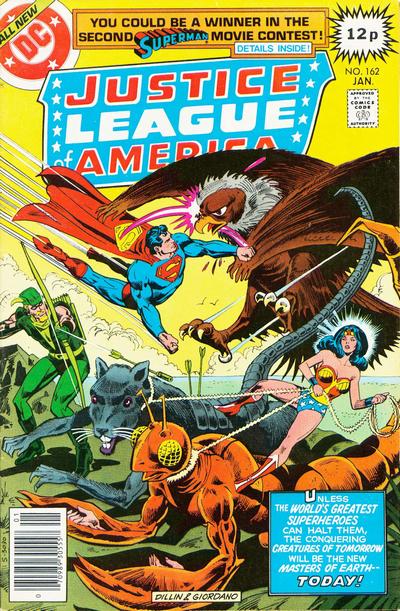
Justice League of America (1960-1987) #162
1979
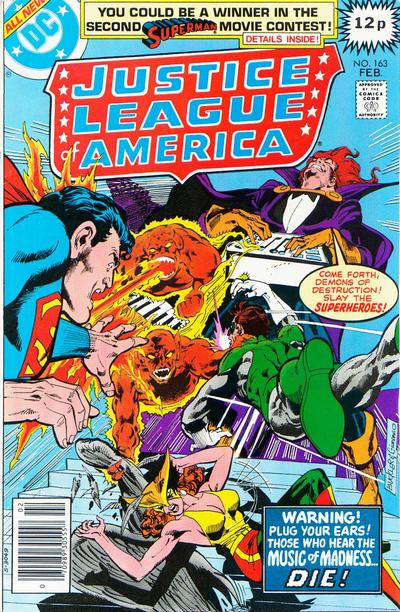
Justice League of America (1960-1987) #163
1979
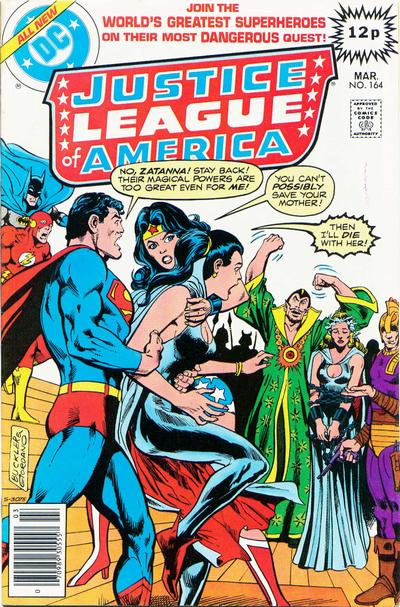
Justice League of America (1960-1987) #164
1979
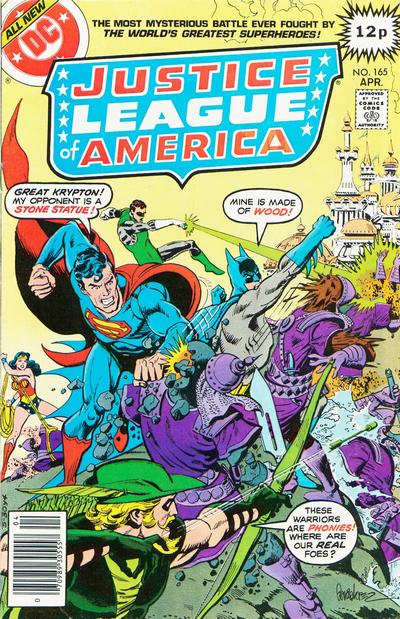
Justice League of America (1960-1987) #165
1979
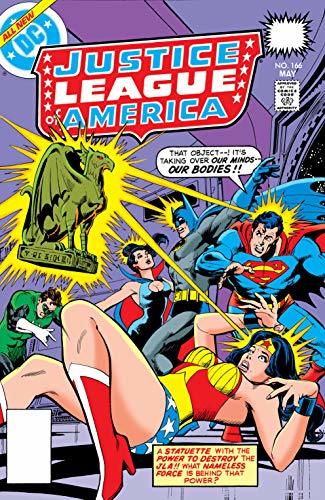
Justice League of America (1960-1987) #166
1979
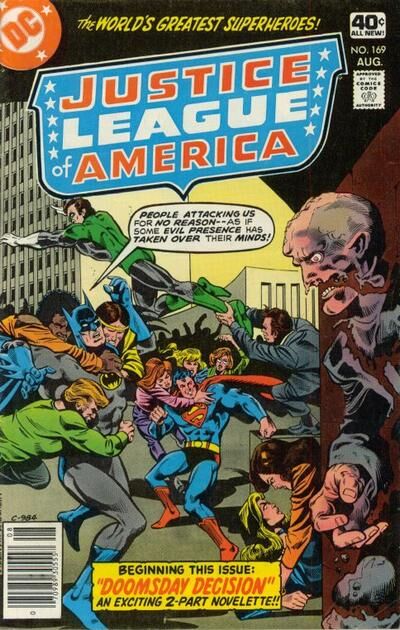
Justice League of America (1960-1987) #169
1979
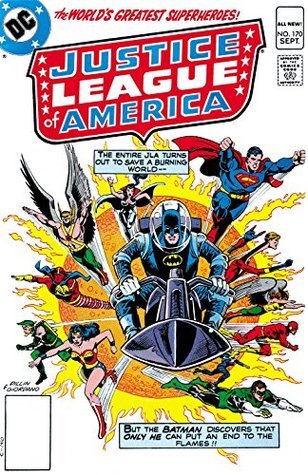
Justice League of America (1960-1987) #170
1979
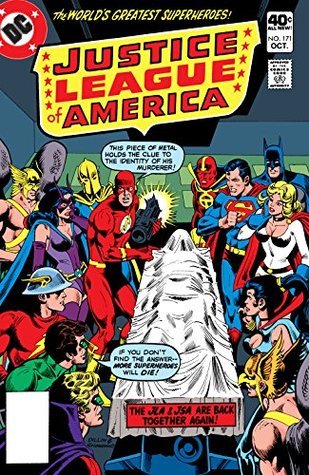
Justice League of America (1960-1987) #171
1979
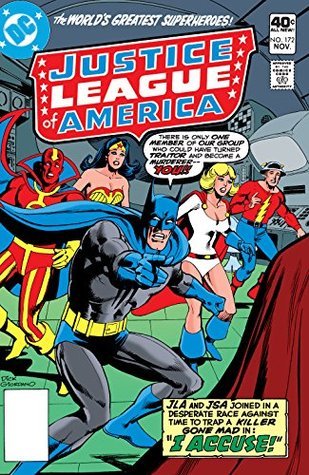
Justice League of America (1960-1987) #172
1979
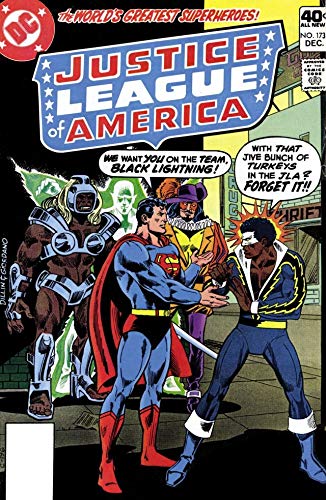
Justice League of America (1960-1987) #173
1979
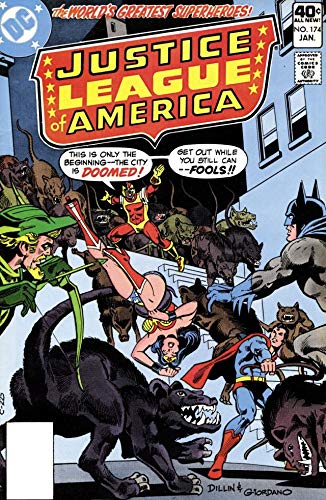
Justice League of America (1960-1987) #174
1980
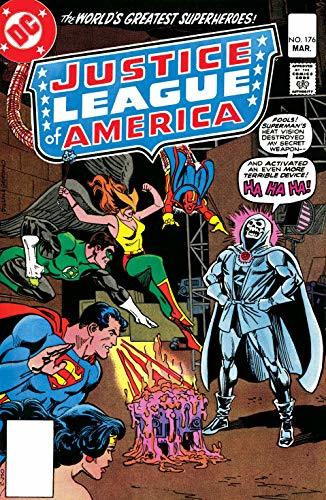
Justice League of America (1960-1987) #176
1980
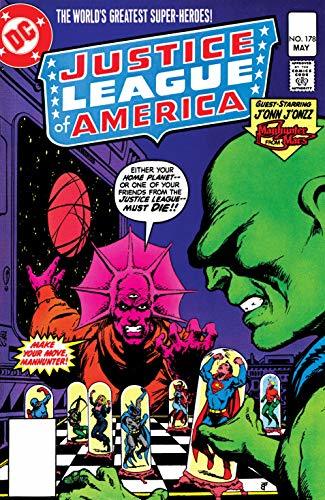
Justice League of America (1960-1987) #178
1980
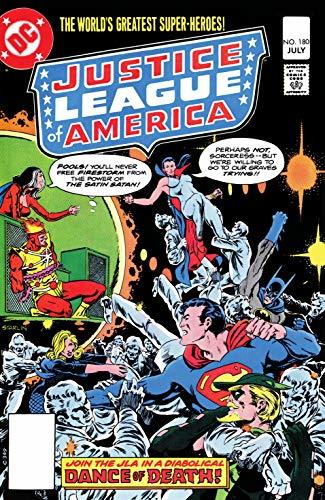
Justice League of America (1960-1987) #180
1980
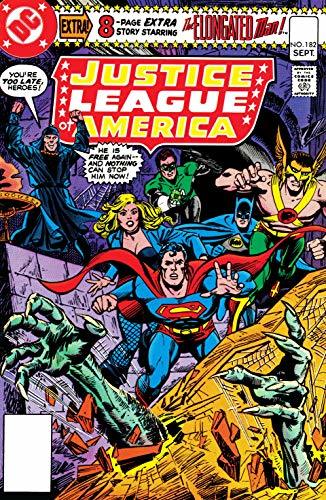
Justice League of America (1960-1987) #182
1980
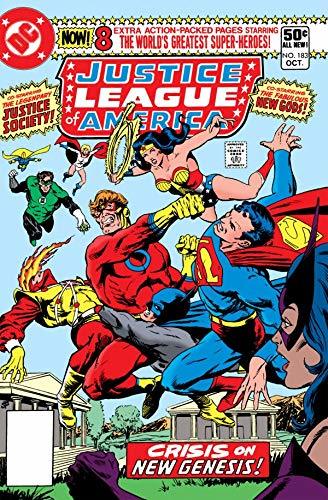
Justice League of America (1960-1987) #183
1980
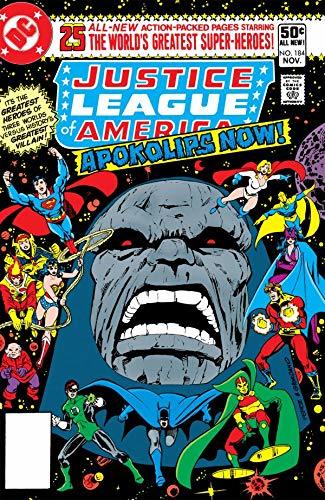
Justice League of America (1960-1987) #184
1980

Justice League of America (1960-1987) #188
1981
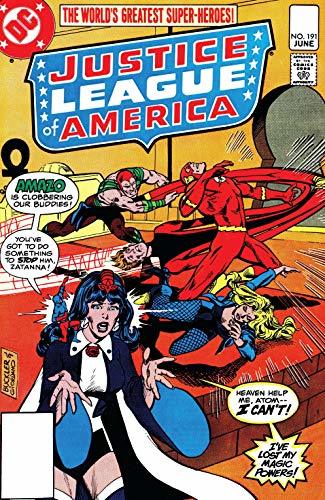
Justice League of America (1960-1987) #191
1980

Justice League of America (1960-1987) #192
1981
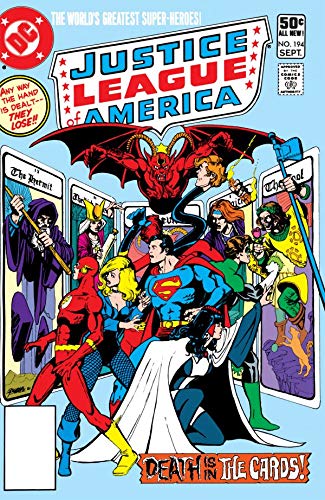
Justice League of America (1960-1987) #194
1981
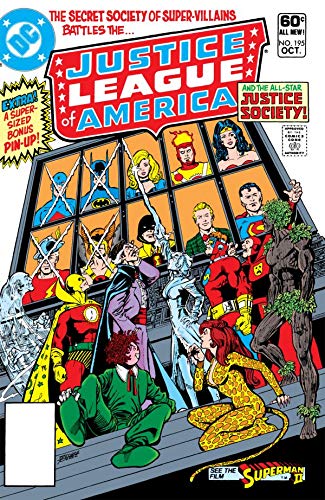
Justice League of America (1960-1987) #195
1981
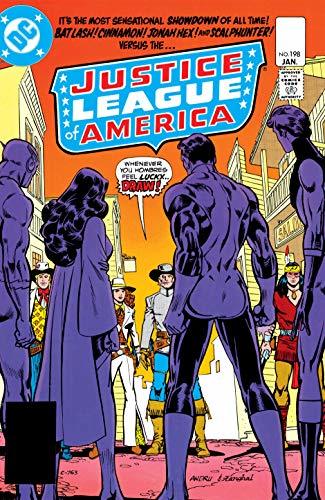
Justice League of America (1960-1987) #198
1982
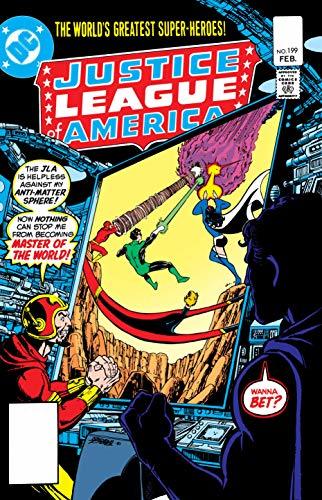
Justice League of America (1960-1987) #199
1982
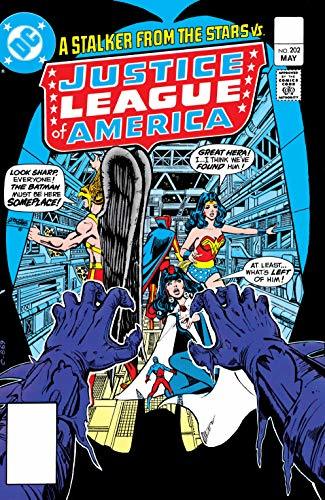
Justice League of America (1960-1987) #202
1982
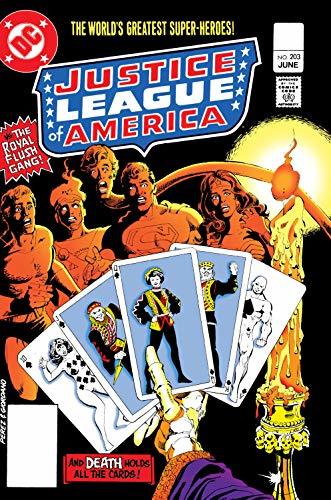
Justice League of America (1960-1987) #203
1982
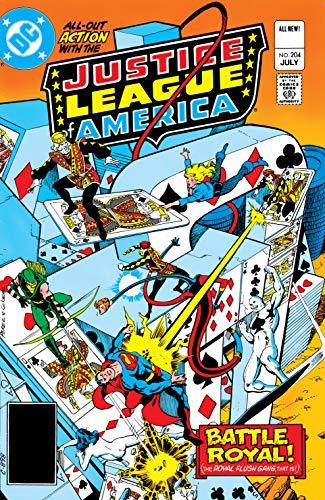
Justice League of America (1960-1987) #204
1982
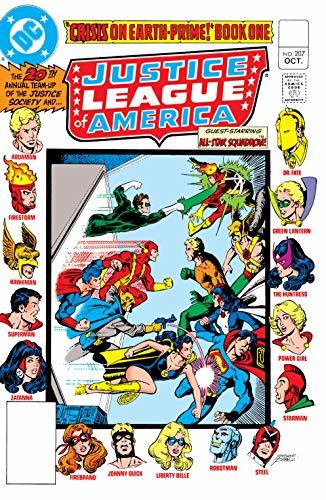
Justice League of America (1960-1987) #207
1982
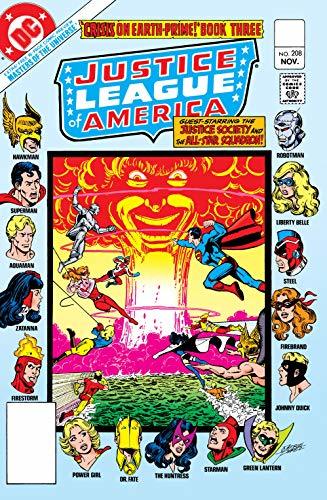
Justice League of America (1960-1987) #208
1982
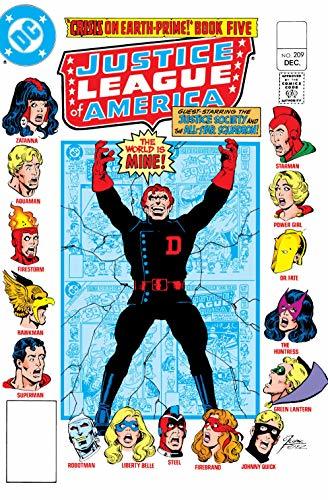
Justice League of America (1960-1987) #209
1982
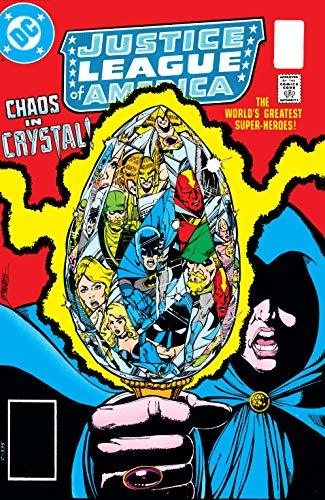
Justice League of America (1960-1987) #214
1983
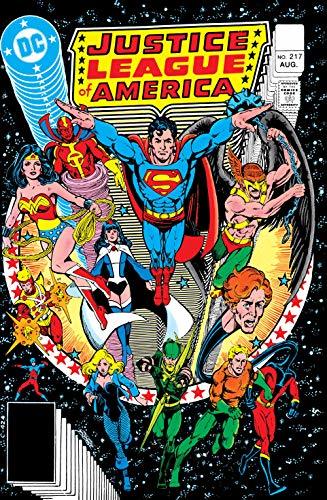
Justice League of America (1960-1987) #217
1983
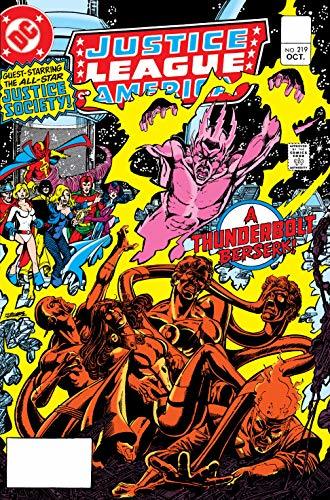
Justice League of America (1960-1987) #219
1983
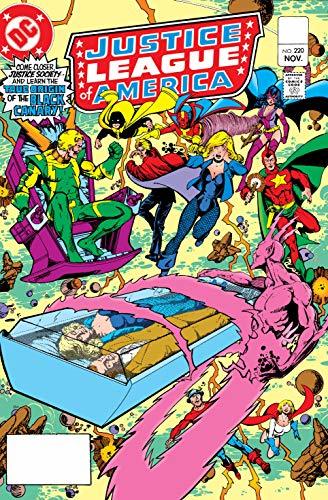
Justice League of America (1960-1987) #220
1983
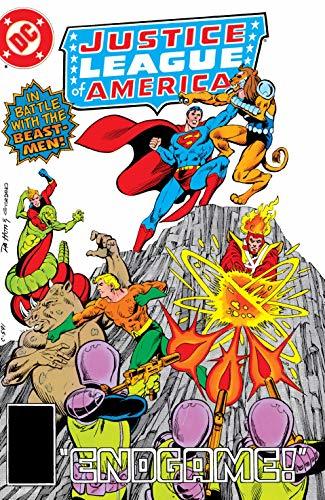
Justice League of America (1960-1987) #223
1984
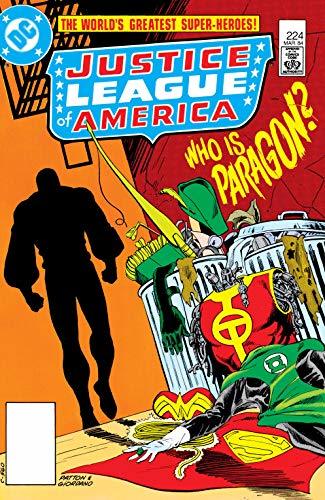
Justice League of America (1960-1987) #224
1984
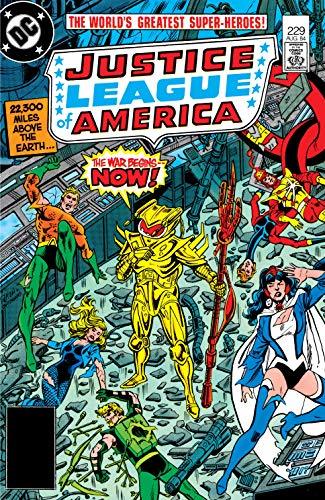
Justice League of America (1960-1987) #229
1984
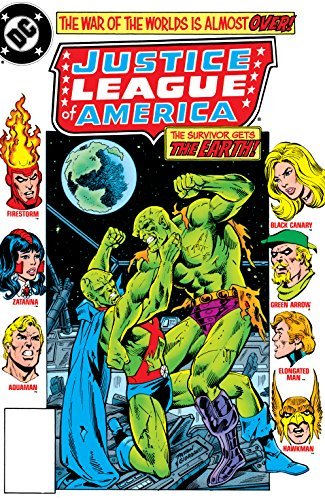
Justice League of America (1960-1987) #230
1984
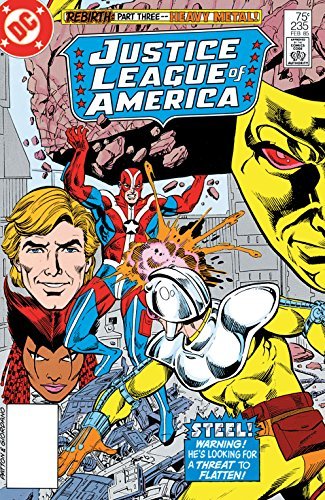
Justice League of America (1960-1987) #235
1985
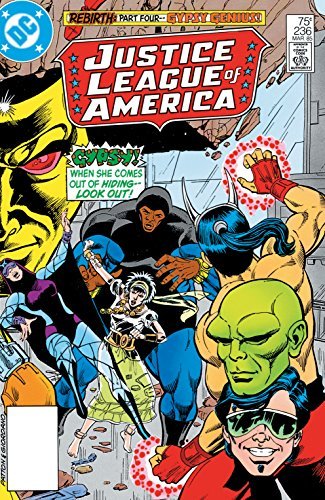
Justice League of America (1960-1987) #236
1985
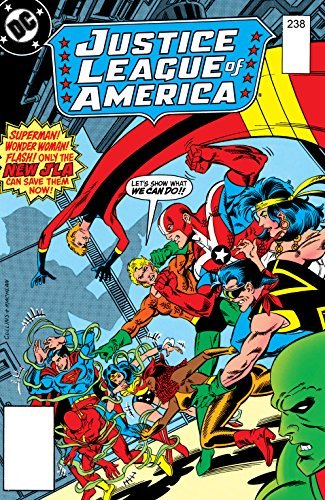
Justice League of America (1960-1987) #238
1985
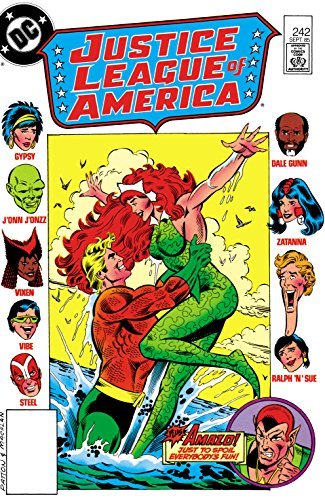
Justice League of America (1960-1987) #242
1985
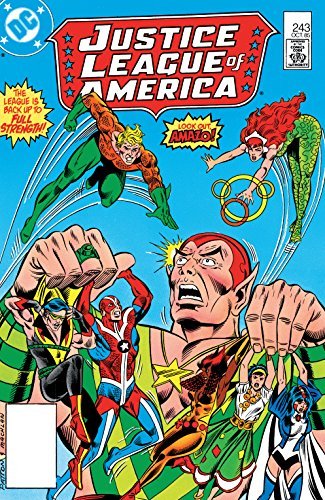
Justice League of America (1960-1987) #243
1985
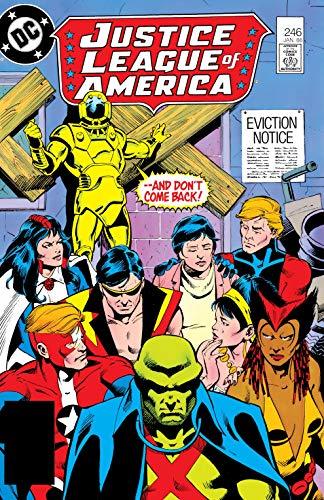
Justice League of America (1960-1987) #246
1986
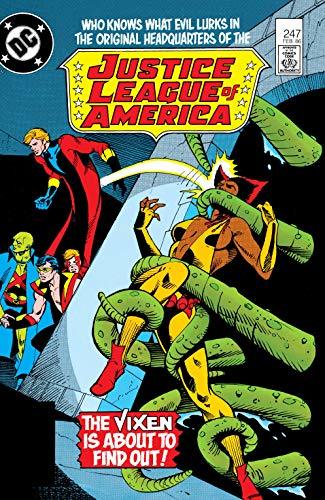
Justice League of America (1960-1987) #247
1960
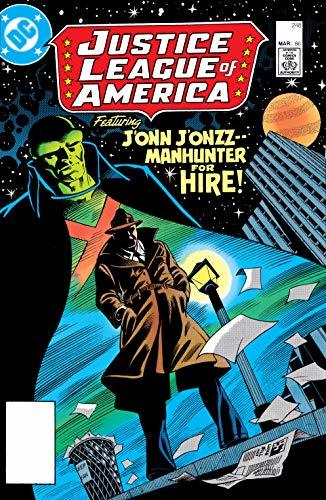
Justice League of America (1960-1987) #248
1986
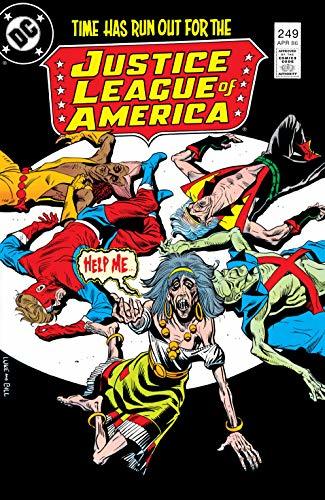
Justice League of America (1960-1987) #249
1986
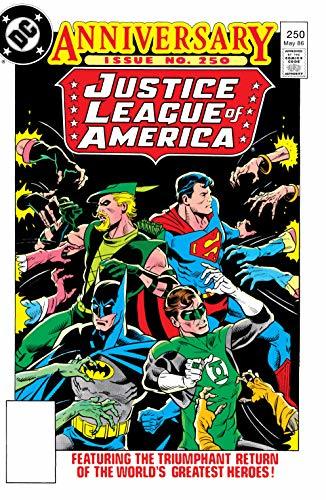
Justice League of America (1960-1987) #250
1986
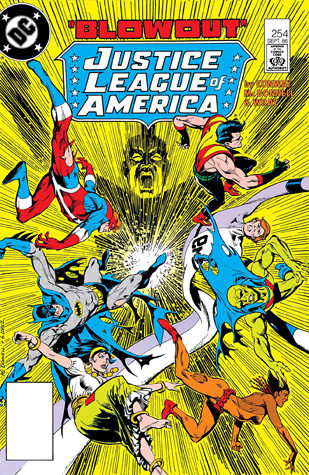
Justice League of America (1960-1987) #254
1986
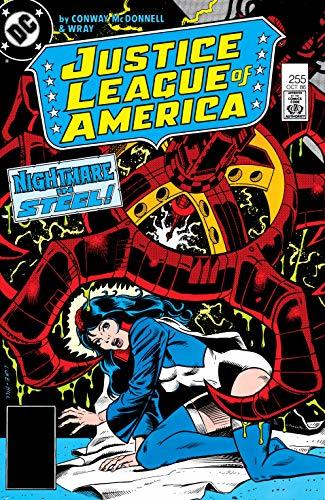
Justice League of America (1960-1987) #255
1986
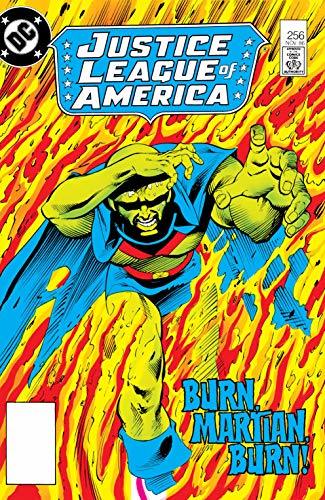
Justice League of America (1960-1987) #256
1986
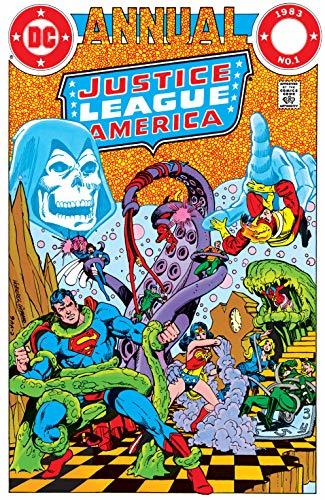
Justice League of America (1960-1987) Annual #1
1983

Justice League of America
Crisis: 1971-1974
2014
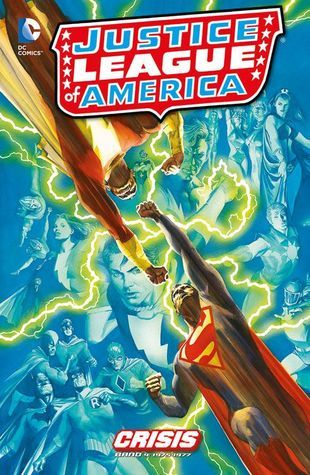
Justice League of America
Crisis: 1975-1977
2014

Justice League of America Archives, Vol. 1
1997

Justice League of America
The Silver Age Vol. 2 (Justice League of America
2016

Crisis on Multiple Earths, Vol. 2
2002

Crisis on Multiple Earths Vol. 3 (Justice League of America
2013

Crisis on Multiple Earths Vol. 4 (Justice League of America
2006

Crisis on Multiple Earths Vol. 5 (Justice League of America
2010

Crisis on Multiple Earths Vol. 6 (Justice League of America
2013
Authors

Len Wein was an American comic book writer and editor best known for co-creating DC Comics' Swamp Thing and Marvel Comics' Wolverine, and for helping revive the Marvel superhero team the X-Men (including the co-creation of Nightcrawler, Storm, and Colossus). Additionally, he was the editor for writer Alan Moore and illustrator Dave Gibbons' influential DC miniseries Watchmen. Wein was inducted into the Will Eisner Comic Book Hall of Fame in 2008.


Neal Adams is an American comic book and commercial artist known for helping to create some of the definitive modern imagery of the DC Comics characters Superman, Batman, and Green Arrow; as the co-founder of the graphic design studio Continuity Associates; and as a creators-rights advocate who helped secure a pension and recognition for Superman creators Jerry Siegel and Joe Shuster. Adams was inducted into the Eisner Award's Will Eisner Comic Book Hall of Fame in 1998, and the Harvey Awards' Jack Kirby Hall of Fame in 1999. Librarian Note: There is more than one author in the Goodreads database with this name.

Roy Thomas was the FIRST Editor-in-Chief at Marvel—After Stan Lee stepped down from the position. Roy is a longtime comic book writer and editor. Thomas has written comics for Archie, Charlton, DC, Heroic Publishing, Marvel, and Topps over the years. Thomas currently edits the fanzine Alter Ego for Twomorrow's Publishing. He was Editor for Marvel comics from 1972-1974. He wrote for several titles at Marvel, such as Avengers, Thor, Invaders, Fantastic Four, X-Men, and notably Conan the Barbarian. Thomas is also known for his championing of Golden Age comic-book heroes—particularly the 1940s superhero team the Justice Society of America—and for lengthy writing stints on Marvel's X-Men and Avengers, and DC Comics' All-Star Squadron, among other titles. Also a legendary creator. Creations include Wolverine, Carol Danvers, Ghost Rider, Vision, Iron Fist, Luke Cage, Valkyrie, Morbius, Doc Samson, and Ultron. Roy has also worked for Archie, Charlton, and DC among others over the years.

One of the most prolific writers in comics, particularly in the Silver Age. He took over scripting duties on Wonder Woman after William Moulton Marston's death, and handled the character's transition from the Golden to the Silver Age. He also created Barry Allen, the second Flash, for editor Julius Schwartz's superhero revival of 1956, as well as writing and editing DC's pioneering war titles. His creations include Sgt. Rock, the Unknown Soldier, Barry Allen, Ragman, the Losers, Black Canary, the Metal Men, Poison Ivy, Enemy Ace, the Suicide Squad, and Rex the Wonder Dog.


See also John Harkness. Steve Englehart went to Wesleyan University in Middletown, Connecticut. After a stint in the Army, he moved to New York and began to write for Marvel Comics. That led to long runs on Captain America, The Hulk, The Avengers, Dr. Strange, and a dozen other titles. Midway through that period he moved to California (where he remains), and met and married his wife Terry. He was finally hired away from Marvel by DC Comics, to be their lead writer and revamp their core characters (Superman, Batman, Wonder Woman, Flash, and Green Lantern). He did, but he also wrote a solo Batman series (immediately dubbed the "definitive" version) that later became Warner Brothers' first Batman film (the good one). After that he left comics for a time, traveled in Europe for a year, wrote a novel (The Point Man™), and came back to design video games for Atari (E.T., Garfield). But he still liked comics, so he created Coyote™, which within its first year was rated one of America's ten best series. Other projects he owned (Scorpio Rose™, The Djinn™) were mixed with company series (Green Lantern [with Joe Staton], Silver Surfer, Fantastic Four). Meanwhile, he continued his game design for Activision, Electronic Arts, Sega, and Brøderbund. And once he and Terry had their two sons, Alex and Eric, he naturally told them stories. Rustle's Christmas Adventure was first devised for them. He went on to add a run of mid-grade books to his bibliography, including the DNAgers™ adventure series, and Countdown to Flight, a biography of the Wright brothers selected by NASA as the basis for their school curriculum on the invention of the airplane. In 1992 Steve was asked to co-create a comics pantheon called the Ultraverse. One of his contributions, The Night Man, became not only a successful comics series, but also a television show. That led to more Hollywood work, including animated series such as Street Fighter, GI Joe, and Team Atlantis for Disney.

He was a comic book and pulp magazine editor, and a science fiction agent and prominent fan. In 1932, Schwartz co-published (with Mort Weisinger and Forrest J. Ackerman) Time Traveller, one of the first science fiction fanzines. Schwartz and Weisinger also founded the Solar Sales Service literary agency (1934–1944) where Schwartz represented such writers as Alfred Bester, Stanley G. Weinbaum, Robert Bloch, Ray Bradbury, and H. P. Lovecraft, including some of Bradbury's first published work and Lovecraft's last. In addition, Schwartz helped organize the first World Science Fiction Convention in 1939. In 1944 he became an editor at All-American Comics, one of the companies that evolved into DC Comics.

William "Bill" Finger was an American comic strip and comic book writer best known as the uncredited co-creator, with Bob Kane, of the DC Comics character Batman, as well as the co-architect of the series' development. In later years, Kane acknowledged Finger as "a contributing force" in the character's creation. Comics historian Ron Goulart, in Comic Book Encyclopedia, refers to Batman as the "creation of artist Bob Kane and writer Bill Finger", and a DC Comics press release in 2007 about colleague Jerry Robinson states that in 1939, "Kane, along with writer Bill Finger, had just created Batman for [DC predecessor] National Comics". Film and television credits include scripting The Green Slime (1969), Track of the Moon Beast (1976), and three episodes of 77 Sunset Strip. -Wikipedia

Librarian note: There is more than one author in the GoodReads database with this name http://en.wikipedia.org/wiki/John_Bro...

Dennis "Denny" O'Neil was a comic book writer and editor best known for his work for Marvel Comics and DC Comics from the 1960s through the 1990s, and Group Editor for the Batman family of titles until his retirement. His best-known works include Green Lantern/Green Arrow and Batman with Neal Adams, The Shadow with Michael Kaluta and The Question with Denys Cowan. As an editor, he is principally known for editing the various Batman titles. From 2013 unti his death, he sat on the board of directors of the charity The Hero Initiative and served on its Disbursement Committee.


Kurt Busiek is an American comic book writer notable for his work on the Marvels limited series, his own title Astro City, and his four-year run on Avengers. Busiek did not read comics as a youngster, as his parents disapproved of them. He began to read them regularly around the age of 14, when he picked up a copy of Daredevil #120. This was the first part of a continuity-heavy four-part story arc; Busiek was drawn to the copious history and cross-connections with other series. Throughout high school and college, he and future writer Scott McCloud practiced making comics. During this time, Busiek also had many letters published in comic book letter columns, and originated the theory that the Phoenix was a separate being who had impersonated Jean Grey, and that therefore Grey had not died—a premise which made its way from freelancer to freelancer, and which was eventually used in the comics. During the last semester of his senior year, Busiek submitted some sample scripts to editor Dick Giordano at DC Comics. None of them sold, but they did get him invitations to pitch other material to DC editors, which led to his first professional work, a back-up story in Green Lantern #162 (Mar. 1983). Busiek has worked on a number of different titles in his career, including Arrowsmith, The Avengers, Icon, Iron Man, The Liberty Project, Ninjak, The Power Company, Red Tornado, Shockrockets, Superman: Secret Identity, Thunderbolts, Untold Tales of Spider-Man, JLA, and the award-winning Marvels and the Homage Comics title Kurt Busiek's Astro City. In 1997, Busiek began a stint as writer of Avengers alongside artist George Pérez. Pérez departed from the series in 2000, but Busiek continued as writer for two more years, collaborating with artists Alan Davis, Kieron Dwyer and others. Busiek's tenure culminated with the "Kang Dynasty" storyline. In 2003, Busiek re-teamed with Perez to create the JLA/Avengers limited series. In 2003, Busiek began a new Conan series for Dark Horse Comics, which he wrote for four years. In December 2005 Busiek signed a two-year exclusive contract with DC Comics. During DC's Infinite Crisis event, he teamed with Geoff Johns on a "One Year Later" eight-part story arc (called Up, Up and Away) that encompassed both Superman titles. In addition, he began writing the DC title Aquaman: Sword of Atlantis from issues 40-49. Busiek was the writer of Superman for two years, before followed by James Robinson starting from Superman #677. Busiek wrote a 52-issue weekly DC miniseries called Trinity, starring Batman, Superman and Wonder Woman. Each issue (except for issue #1) featured a 12-page main story by Busiek, with art by Mark Bagley, and a ten-page backup story co-written by Busiek and Fabian Nicieza, with art from various artists, including Tom Derenick, Mike Norton and Scott McDaniel. Busiek's work has won him numerous awards in the comics industry, including the Harvey Award for Best Writer in 1998 and the Eisner Award for Best Writer in 1999. In 1994, with Marvels, he won Best Finite Series/Limited Series Eisner Award and the Best Continuing or Limited Series Harvey Award; as well as the Harvey Award for Best Single Issue or Story (for Marvels #4) in 1995. In 1996, with Astro City, Busiek won both the Eisner and Harvey awards for Best New Series. He won the Best Single Issue/Single Story Eisner three years in a row from 1996–1998, as well as in 2004. Busiek won the Best Continuing Series Eisner Award in 1997–1998, as well as the Best Serialized Story award in 1998. In addition, Astro City was awarded the 1996 Best Single Issue or Story Harvey Award, and the 1998 Harvey Award for Best Continuing or Limited Series. Busiek was given the 1998 and 1999 Comics Buyer's Guide Awards for Favorite Writer, with additional nominations in 1997 and every year from 2000 to 2004. He has also received numerous Squiddy Awards, having been selected as favorite writer four years in a row from 1995 to 1998,




